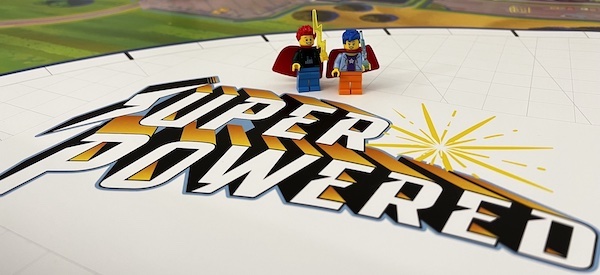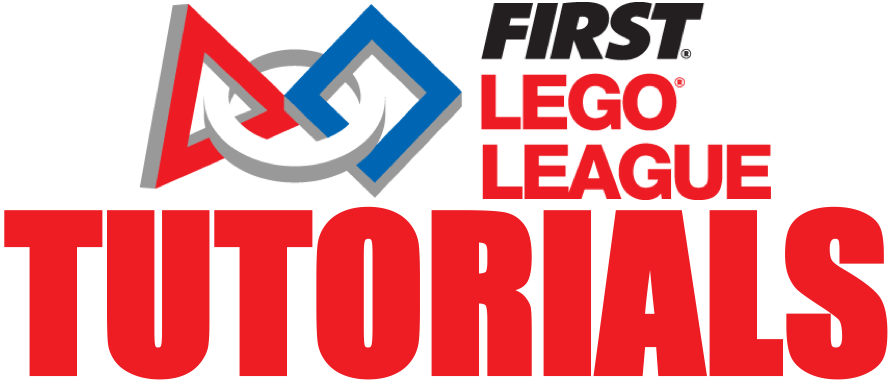Supporting students of all Abilities

FIRST LEGO League prides itself on being an inclusive program. A lot of coaches are nervous about how their students will be perceived by judges.
The following discussion has ideas posted on the Facebook Group FLL: Share & Learn.
Will my team get penalized if a student with disabilities does not answer?
-
The most wonderful thing about FIRST is their inclusion. Each team member should be able to participate where their at and never be put on the spot to answer a question if they are not comfortable or able to answer. Please be sure to let your tournament directors know so they can let the judges know. We train our judges to not ask questions to specific students or mark teams down because everyone is not speaking or looking at judges. Meet students where they are at not where you think they should be is our motto here.
-
I have had quite a few students with moderate to severe speech issues. I usually let the judges know ahead of time.
-
Let the organizers know as soon as possible. I don’t know what region you are in, but I can tell you in my region they were awesome and would have bent over backwards to make sure your kids got the same opportunity others did. I’m sure other regions would be the same. As we used to tell our kids leading up to competition, every adult in that building wants them to succeed as much as they do, and they will do everything they can to make sure they shine at their moment.
How can I accommodate students with various disabilities on the team?
-
If you have a kid who won’t speak, make sure the judges know that, and give that kid a big role doing something non-speaking. (Otherwise, that kid is likely to get CALLED ON. If you have a kid who speaks comfortably and cues well, consider a plan for what if someone locks up, where a team member jumps in: “Johnny is has some challenges speaking in public, but he wrote/dictated the text for this/wrote this part of the code/etc.”)
-
Ask parents privately how to accommodate each of these kids. They have school plans describing accommodations that make them each successful and you can include these accommodations too.
-
It’s going to be hard for judges to evaluate a presentation they can’t understand, so start thinking about how to ameliorate the challenges. Consider printing the script (in BIG fonts) on a big poster board (or flip chart) for any team member who is going to be hard to understand. This might be a team that needs a multiple-poster strategy, where ALL the content is on posters, and kids bring them up to the judges to show them one at a time. Make it big and legible, and if some of the talking isn’t intelligible, the ‘hit’ is going to be a lot smaller than if you’re relying on verbal delivery.
Whom should I inform if I have a student with a disability on the team?
-
Please let your tournament director or judge advisor (or both!) know. I encourage our tournament director to include language in the emails we send to teams before the event to let us know about any accommodations that are needed. There is really very little official FIRST training for FLL judges now, so please don’t assume the judges will recognize neurodiverse kids.
-
Judge Adviser here…Let your tournament director know about your team. Judges are usually friendly people who try to make the experience a positive experience for the team.
-
My son has PANDAS and Tourette’s and has been on a team for 4 seasons. We tell the judges ahead of time. He still participates in the skit but will try to keep his speaking parts smaller. This year is probably his last year and he’s a team captain, and had way more input into the robot, so it will be interesting. His Tourette’s is also worse than ever. But they need to learn to keep going through it, so it’s been great for teaching that.
-
We also had a team of 9 neurodiverse kids last year. We went in assuming the judges would be able to tell, and that backfired on us in round 2. So I would just tell them. Kids are unpredictable, and nervous neurodiverse kids are even more so. Warm them ahead so they can have a heads up if there is unusual behavior.
I am worried about student confidentiality if I have to inform judges
- Regarding confidentiality, that is something we take seriously. I specifically tell coaches not to provide any names and that we don’t need a detailed diagnosis, just a general note. I really like the suggestion of having teammates help lead the conversation. Teams that are able to do that seamlessly are noticed as it’s an awesome display of Core Values. The other thing I suggest is practice. Practice speaking in front of each other, invite parents/teachers to a mock judging and have them ask questions.
I am worried that a 30-minute judging session will be overwhelming for my students.
- When we switched to the 30 minute judging session there was a concern how kids with any sort of disability would handle it. Our region developed a process to accommodate this. I’ve heard feedback that it actually works better overall than the individual sessions as there is less quick change.

 Resources
Resources

